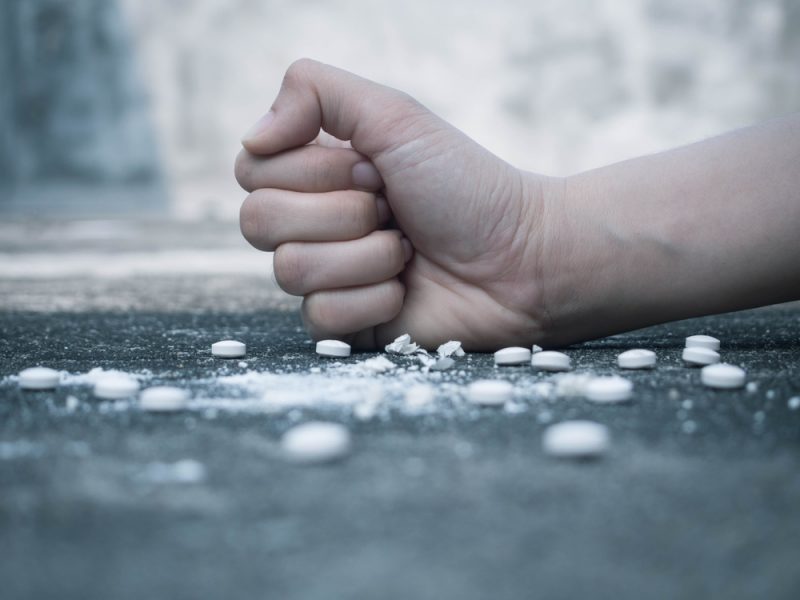Addiction comes in many forms. It’s [relatively] easy to spot addiction to substances, and it’s easy to understand why substances become addictive–they change our brains. But there are behavioral addictions, as well. These are also real addictions, although it’s easy to doubt it if you don’t know how they work.
What is addiction?
The cravings, lack of control, and self-destructive behavior that we most quickly associate with substance abuse can also be connected with the abuse of habits and behaviors that do not have an obvious physiological effect. It’s easy enough to see that this latter type of problem is dangerous, but is it an “addiction” per se? Should we treat it as a disease, which is how we understand physiological addiction?
The American Society of Addiction Medicine defines addiction as, “a primary, chronic disease of brain reward, motivation, memory and related circuitry.” They go on to say that “Dysfunction in these circuits leads to characteristic biological, psychological, social and spiritual manifestations.”
Substance abuse
The way addictive substances, such as drugs, create this toxic cycle in users is by affecting the chemistry of the body, usually in the brain. Drugs can imitate, inhibit, or encourage transmitters and receptors in our brains. They can be an artificial way to feel pleasure of all kinds. And, because our bodies begin to expect the boost, an addict’s natural production of these things can decline. Pretty soon, it takes more of a substance to get the same effect. Without the substance, the addict feels awful. Quitting the substance results in withdrawal symptoms, which can be severe, say the staff members at a medical detox Miami.
Our brains can create their own addictions
The above approximates the workings of everything from cocaine to alcohol. However, what about gambling? What about sex? Are these things truly addictive?
It’s easy to see how substances can change brain chemistry. However, as we’re learning, our brains can create their own addictions. A sudden surge in activity within the brain that elevates mood or causes pleasure need not come from a drug to be craved again. Relying on an activity to create that surge can turn a habit into an addiction.
That’s why many experts consider gambling addiction to be a brain disease, similar in many ways to substance addiction. The terminology is not entirely settled, though. Sex addiction, for instance, remains debated among psychologists. It is not in the DSM-5, which catalogs mental health disorders. However, it is viewed by some experts as a form of addiction.
Seeking treatment
How we understand addictions to activities and other things besides substances is always evolving. However, there’s a very important point that should be made here, and that’s this: there is a distinction between an academic and practical understanding of what is happening with any addict.
You can find experts who doubt that things like gambling addiction are, medically speaking, “addictions,” per se. However, you’d be hard-pressed to find experts who don’t feel that such issues are problems, or that they don’t require treatment. Treating such issues in ways similar to what works on substance addiction can yield results. That’s why there are rehabs and recovery programs for psychological addictions. While it’s not impossible for someone to use a claim of addiction as a cover for misconduct, it’s important to remember that, for the real sufferers of these conditions, the symptoms and consequences are dire, regardless of what terminology we use. If an addict is getting the help they need, perhaps the medical and psychological semantics of the issue are beside the point.

